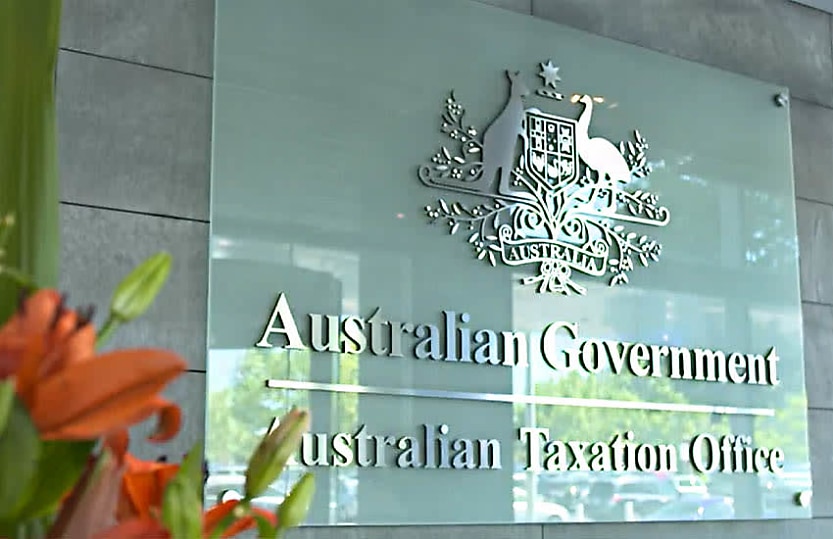ATO admits to fast-tracking client linking over fraud concerns

The Tax Office says it rejected three alternative proposals and proceeded with the current process without industry consensus because it had to “act quickly to strengthen the system”.
The ATO has admitted it expedited the rollout of client-agent linking (CAL) without industry consensus because of fraud concerns, as more members of its working group speak out about the now-infamous consultation process.
Assistant Commissioner Andrew Watson (pictured) said the ATO felt it had to act quickly to prevent fraud from “proliferating” and admitted that “good consultation does not always achieve consensus”.
“We were compelled to act quickly to strengthen the system and protect client information to prevent this type of fraud proliferating,” he said in a statement to Accountants Daily.
He said the ATO settled on CAL after one month of investigating alternatives proposed by the industry because it was the only process deemed capable of preventing criminals from stealing tax agent identities.
“Three alternative technical solutions were proposed by the tax professionals and investigated for viability to meet the system strengthening requirements by the ATO teams,” he said.
The ATO investigated their viability but concluded “the solutions offered were not technically viable, were not in pattern with existing ATO systems and would not address the fraud risk”.
He added: “The ATO will continue to engage with the tax associations and look for opportunities to enhance the process and further capitalise on any changes to the technology that will improve the process for agents and clients. The ATO acknowledges the strong advocacy of the tax professional associations on behalf of their members.”
The comments from the ATO come after the office drew criticism from taxation ombudsman Karen Payne for how it carried out its consultation process. She said the ATO was “not at all” justified in proceeding with a process that was imposed on the industry instead of co-designed.
“The ATO is ultimately there to serve the public. So, it would be an expectation that they would consult collaboratively and constructively and openly with the public to develop and co-design the solution,” she said.
Tony Greco, IPA’s general manager of technical policy, told Accountants Daily the CAL working group consultations began in “less-than-ideal circumstances” and the ATO’s decision to expand the process to all taxpayers with an ABN came as a “surprise”.
The IPA is the latest member of the ATO’s working group of professional bodies and practitioners to speak out about the now-infamous consultations as CAL continues to cause delays and confusion for the industry.
“It all started back in December 2022 when the ATO announced its intention to expand CAL without any consultation which it previously said it would not do without stakeholder input,” Greco told Accountants Daily.
Last week, Matthew Addison from the Institute of Certified Bookkeepers told Accountants Daily that “the ATO has shown no signs of being prepared to consider or embrace alternative solutions” despite the working group raising various concerns over the course of two years.
Chartered accountant Paul Meissner, a director of 5ways Group, said that “instead of identifying, documenting and supporting issues, the panel wasted time arguing about everything else”, believing that professional bodies’ “belligerence” towards the ATO got in the way of a successful outcome.
However, Greco disputed this account and said the professional bodies went into consultations “with good faith” and always acted “in the public interest and the member interest”.
“A less burdensome taxpayer experience was at the core of most of the constructive feedback that the professional bodies were pushing for, and we agreed to disagree with the approach taken in the end,” he said.
“We basically said [to the ATO] we're going to have issues with if you plan on this, and that's the way it's played out. But it's not as if they didn't listen, it's not as if they weren't told.”
He said the working group presented “lots of alternatives” to address the security concerns without creating a “burdensome taxpayer experience”, however, the ATO was “steadfast in implementing their six-step process”.
Now, his concerns were playing out as CAL created a “massive, massive inconvenience” for certain cohorts of taxpayers.
“There's a lot of clients of our members who find this process burdensome. Even though the ATO has put in support, not everyone has those hours in the day to go through that process there are certain cohorts of clients where it will take quite a lengthy period of time,” he said.
“Who pays for that? It's not recoverable time, and for a lot of agents they won't recover that investment.”
About the author







